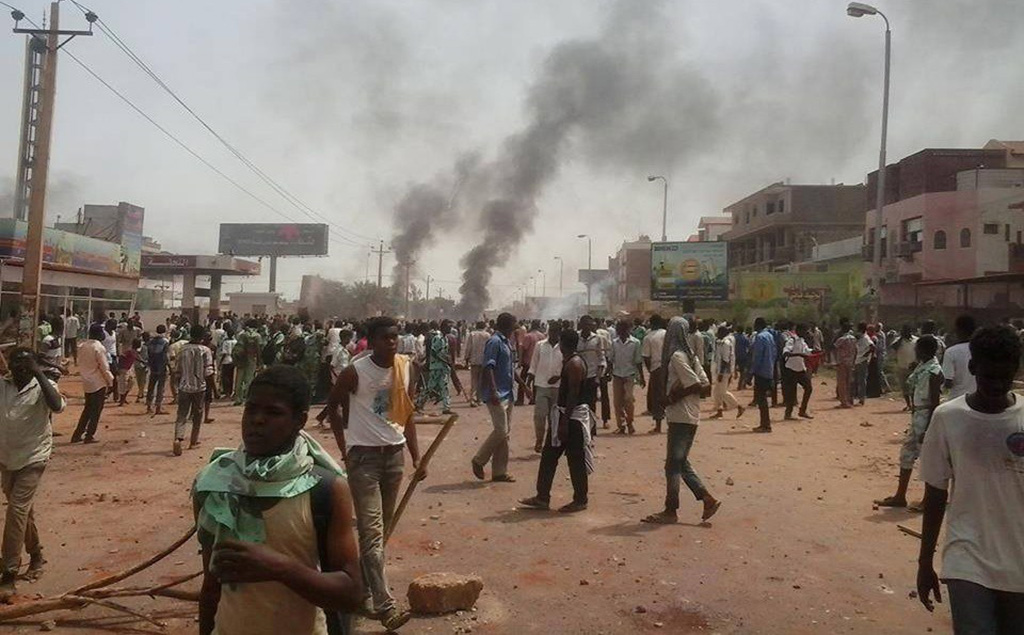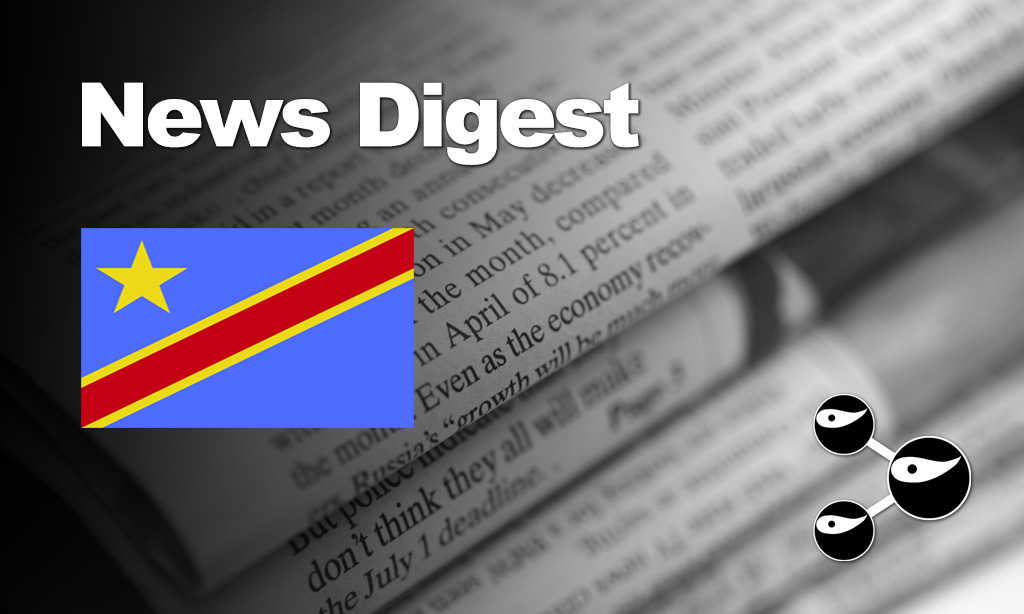In September 2013 we covered #SudanRevolts, a wave of anti-austerity protests triggered by the critical economic situation in Sudan, when the government lifted its fuel and cooking gas subsidies to bring its budget under control. More than 200 hundred people (protesters, civilians) were killed, hundreds were injured and a thousand others were arrested (opposition members, journalists…), many of them tortured.
Yesterday the African Centre for Justice and Peace Studies (ACJPS), Amnesty International, and Human Rights Watch in a post published here, said Sudanese authorities have yet to provide justice to victims of a violent crackdown on anti-austerity protesters in Khartoum in September 2013.
Mossaad Mohamed Ali, executive director at ACJPS declared:
Although it seems like Sudan has succeeded in sweeping the horrific violence of September 2013 under the carpet, victims’ families still demand justice. The UN Human Rights Council, currently holding a session on Sudan, should press Sudan to hold those responsible to account for the appalling bloodshed on the streets of Khartoum and other towns, and provide meaningful justice to victims of killings, assaults and other abuses.
The report indicates Sudan established three state commissions of inquiry but so far, no findings have been made public and all attempts to gain access to the findings have been unsuccessful.
Daniel Bekele, Africa director at Human Rights Watch said:
The government’s response has been to deny the scale of the violence and to claim that there is not sufficient evidence to identify and prosecute the attackers, a response that denies the victims’ rights and encourages impunity. The government needs to publicly admit the scale of the killings and the role of its security forces.
Only one case advanced to trial but the policeman who was convicted of the murder of pharmacist Sarah Abdelbagi in Omdurman, had his conviction overturned for lack of evidence. The report says Sudan’s Ministry of Justice has attempted to settle cases by paying money to the families of the 86 victims identified in government investigations, which would be an insufficient remedy for these violations and would not constitute a sufficient guarantee of non-repetition.
Sarah Jackson, deputy regional director at Amnesty International added:
The September 2013 crackdown remains an ugly symbol of Sudan’s use of lethal force against peaceful protesters, and the lack of accountability for human rights abuses. Human Rights Council member states currently considering Sudan’s appalling rights record should loudly push the country to take victims’ rights seriously.
Sudan protesters then called for president Omar al-Bashir to step down but, unsurprisingly he did not. As a reminder, during interviews with foreign news agencies in Khartoum in 2011, Bashir confirmed he would not seek re-election in 2015. But he did and was re-elected in 2015 with more than 94% of the vote, a poll marred by low turnout and an opposition boycott. In April 2016, Sudan’s President has told the BBC he will step down in 2020 but Bashir is used to false promises. In the meantime, the abuses and repression continue.










